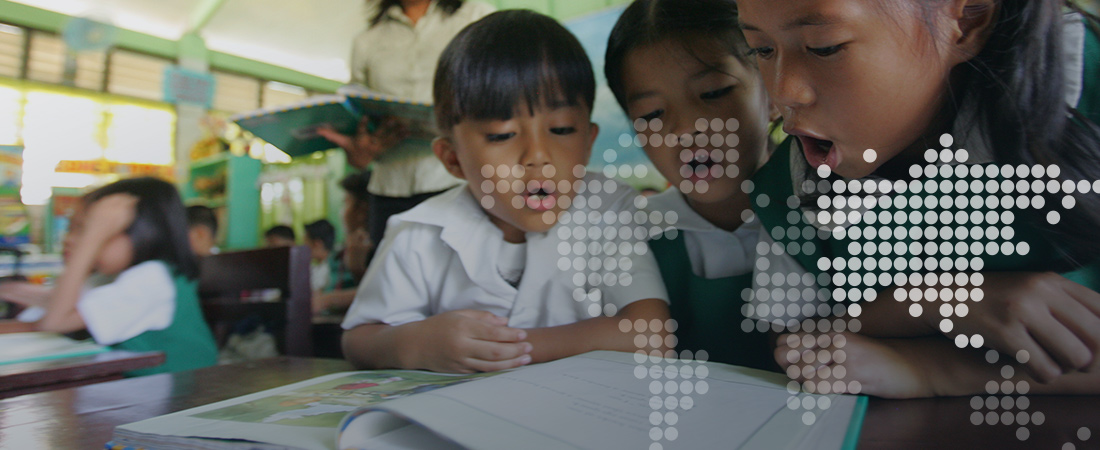
EDC's work to strengthen literacy instruction has improved outcomes for millions of students in the Philippines.
With one quarter of the population between the ages of 10 and 24, the demand in Southeast Asia for education and economic opportunity is greater than ever. EDC’s efforts in Indonesia, the Philippines, and the Lower Mekong to create meaningful opportunities for youth by aligning public, private, education, and industry partners have been successful, reaching hundreds of thousands of young people.
EDC is also improving elementary and basic education for younger children though high-quality literacy programs, teacher professional development, and policy implementation. And we are fighting drug abuse and HIV/AIDS through programs that help people develop the knowledge and behaviors they need to chart a long, healthy future.
Projects
Resources
This report details the activities of the Accelerating Work Achievement and Readiness for Employment (AWARE) Project, which took a new approach to improve workforce development in Indonesia and the
In this midterm evaluation of the Basa Pilipinas project in the Philippines, EDC tracked and measured changes in student reading performance.
This 2-page results document highlights the successes of the Bangladesh Youth Employment Pilot, which prepares young men and women for work, particularly in Bangladesh's traditional prawn farming industry.
This report shares findings from EDC’s evaluation study of Cha-Ching Money Adventures.
This report examines the challenges and successes of USAID Philippines’ Mindanao Youth for Development (MYDev) program in partnering with the private sector.
Transforming the Education Workforce lays out three evidence-based visions for strengthening the education workforce, creating more collaborative learning teams, and transforming education systems into learning systems.
This website contains information about the Out-of-School Youth Literacy Assessment (OLA), a reading assessment administered one-on-one to youth and adults that was developed by EDC.
This report outlines the need to work together with new and unlikely allies, other than education actors alone, to reimagine how our interconnected systems—health, education, economic development, and the protection of our planet—can work toward Sustainable Development Goal 4: Quality Education and beyond.
This document highlights lessons learned in implementing the youth mapping development model internationally.
A discussion paper highlighting the crucial role of youth in driving a just economic transition and accelerating climate change adaptation by connecting local initiatives with global commitments, p